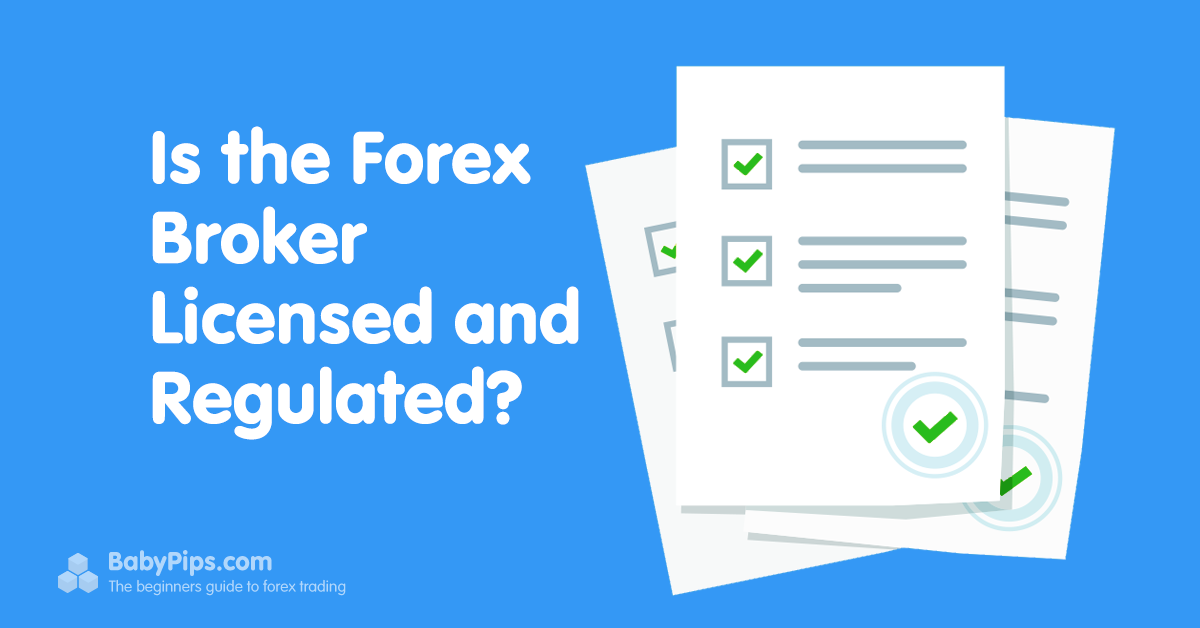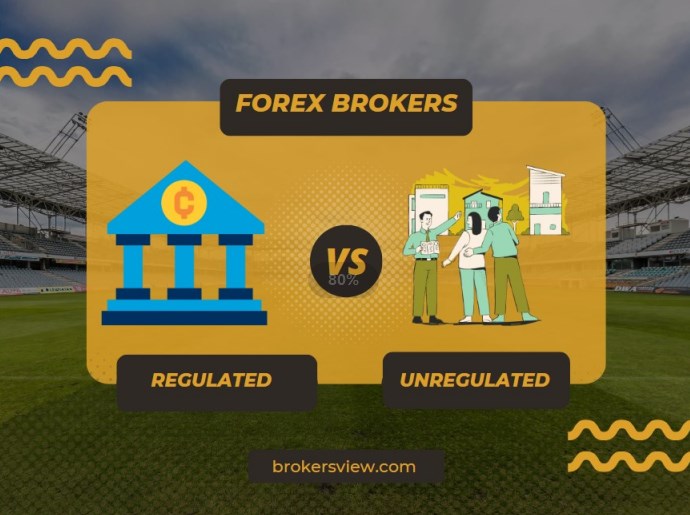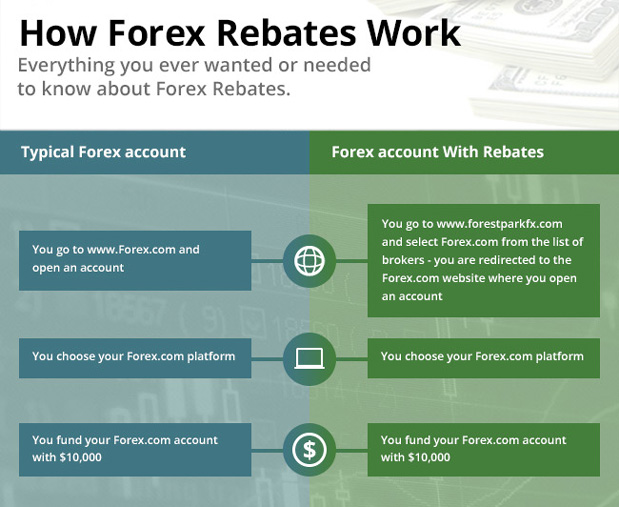I still remember the first time I almost opened a trading account with an unregulated broker. I was new, excited, and honestly — careless. Their website looked sleek. Their platform? Flashy. But something felt off. After a few hours of digging, I realized they weren’t regulated anywhere. That moment changed everything for me.
For anyone trading Forex — especially if you’re just getting started — picking a regulated broker isn’t just a good idea. It’s your first line of defense.
Here’s the reality: the Forex market is global, fast, and unforgiving. You can make or lose a lot, quickly. The last thing you need is a broker who plays dirty or disappears with your money.
In this article, I’ll walk you through:
- What “regulated” really means in Forex
- How regulation protects your money and your trades
- How to check if a broker is actually regulated
- What can go wrong when you don’t
- How regulation builds trust and long-term success
If you’re serious about trading safely, this guide will help you avoid traps and trade with confidence.
What Does “Regulated” Mean in Forex Trading?
Regulation in Forex means a broker is legally authorized and monitored by an official financial authority. This ensures they follow rules to protect you — the trader. Think of it as a referee in a game: no ref, no rules. And without rules, things get shady fast.
Major Global Regulators You Should Know
Here are a few names you’ll see often, and should learn to trust:
- FCA — Financial Conduct Authority (UK)
- ASIC — Australian Securities & Investments Commission
- CySEC — Cyprus Securities and Exchange Commission
- NFA — National Futures Association (US)
Each of these bodies enforces transparency, fund protection, and fair play. If your broker’s license comes from one of them, you’re already on safer ground.

The Regulated vs. Unregulated Broker Gap
I’ve reviewed brokers on both sides. Regulated brokers are like banks with cameras and security. Unregulated ones? They’re more like alleyway poker games — risky, unfair, and full of traps.
With a regulated broker, your funds are usually held in segregated accounts. That means they don’t mix your money with their own. If they go bankrupt, you’re still protected. Unregulated brokers? They could vanish overnight — and so could your funds.
How to Verify a Broker’s Regulatory Status
Don’t take a broker’s word for it. Always verify. It’s easier than you think, and it can save you thousands.
Step-by-Step: How to Check If a Broker Is Regulated
- Find the regulator name and license number on the broker’s website.
- Go to the regulator’s official website (like FCA or ASIC).
- Search the broker’s name or license number.
Still unsure? Contact the regulator directly. That’s what I did when I reviewed a sketchy offshore broker last year. They claimed they were “authorized,” but when I asked CySEC, I got a very clear “no.”

Red Flags to Watch For
If a broker:
- Refuses to share a license number
- Gives a fake regulator or link
- Pushes you to deposit right away
…walk away. Fast. Regulation isn’t optional — it’s the baseline for safety.
Why Regulation Matters: Key Benefits for Traders
This isn’t just about checking a box. Regulated brokers offer real protections that can make or break your trading experience.
Fund Protection with Segregated Accounts
When your broker is regulated, your money is held separately from their business funds. If the company collapses, your money doesn’t go with them.

Fair Trading and Transparent Fees
Regulated brokers must follow strict standards — fair pricing, clear terms, no surprise commissions. I’ve tested dozens, and the difference in execution speed and slippage between regulated and unregulated brokers is like night and day.
Dispute Resolution and Compensation
If something goes wrong, you’re not alone. Regulatory bodies often offer dispute resolution and compensation schemes. That’s peace of mind you’ll never get with an offshore broker.
| Feature | Regulated Broker | Unregulated Broker |
|---|---|---|
| Funds Safety | Segregated accounts | No protection |
| Dispute Support | Access to regulator complaint channels | None |
| Trading Environment | Fair and transparent | Possible price manipulation |
| Accountability | Strict audits and penalties | No oversight |
Next up, I’ll walk you through the real risks of working with unregulated brokers — including true stories and warning signs you need to see. And we’ll explore how regulation doesn’t just protect your money — it builds long-term trust and growth.
Real Risks of Using Unregulated Brokers
Let me tell you — I’ve heard horror stories. Traders getting locked out of their accounts. Sudden withdrawal “processing fees” that never existed before. Prices magically slipping every time a trade looked profitable. And in every single case, the broker was unregulated.
Withdrawal Problems and Account Freezes
I once spoke with a trader from South Africa who couldn’t withdraw his $3,000 profit. The broker claimed he violated “terms” — but never explained which ones. No regulator meant no help. He lost it all.
Without regulation, brokers can lock you out without warning. And there’s no authority to complain to. Your money? Gone.
Price Manipulation and Hidden Costs
Ever notice weird slippage during major market events? Or spreads that randomly widen for no reason? That’s not a glitch — it’s often manipulation. Regulated brokers must report fair pricing. Unregulated ones? They can tweak whatever they want, whenever they want.
No Legal Recourse, No Refunds
With a regulated broker, you can file complaints and potentially get compensation. With unregulated ones, you’re shouting into the void. I’ve tried it. No response. No money back.

Red Flags to Watch Out For
Scams are getting slicker. Some brokers even fake licenses or mimic regulated websites. Here’s how I spot trouble before it burns me.
Too-Good-To-Be-True Bonuses
If a broker promises massive returns or “risk-free” trading, run. That’s bait. Real brokers never guarantee profit. Forex is risky by nature — anyone saying otherwise is lying.
No License Details or Vague Disclosures
If you can’t easily find a broker’s regulator, license number, or legal name, that’s a huge red flag. Some will bury the info in footers or fake it entirely. Always check with the official regulator site.
Shady Terms and Conditions
Ever read a broker’s T&Cs and felt like it was written in another language? That’s not an accident. Unregulated brokers often use complex legal jargon to confuse you — and trap you later when you want to withdraw.
How Regulation Builds Long-Term Trust
I’ve worked with dozens of brokers in the past decade. The ones I stuck with? Always regulated. It wasn’t just about safety — it was the trust and reliability they gave me as a trader.
Confidence in Trade Execution
With a regulated broker, I don’t worry about sudden spikes, execution delays, or trades being “rejected” mysteriously. The platform is stable. The prices are real. That lets me focus on my strategy — not whether I’m being scammed.
Better Support and Customer Service
Have you ever needed support at 2 AM during a volatile market? I have. And regulated brokers delivered. They know they’re accountable. Their staff is trained, their response times are fast, and their policies are clear.
Building a Relationship That Grows With You
Regulation doesn’t just protect your account — it creates consistency. That’s how I’ve been able to scale my trading with confidence. I trust the platform, I trust the process, and I know I’m not alone if something goes wrong.
FAQs About Forex Broker Regulation
What is a regulated Forex broker?
A regulated Forex broker is licensed and monitored by an official financial authority like the FCA, ASIC, or CySEC. This ensures they follow strict rules to protect traders, such as keeping your funds safe, providing transparent fees, and avoiding manipulation.
How do I know if my broker is legit?
Check their website for a license number and verify it on the official regulator’s site. Look out for red flags like vague contact info, huge bonuses, or pressure to deposit. If in doubt, contact the regulator directly.
What happens if my broker isn’t regulated?
You could lose your money with no warning, no recourse, and no legal protection. Unregulated brokers often block withdrawals, manipulate trades, or disappear entirely. It’s just not worth the risk.
Can I trade safely without a regulated broker?
In short — no. You might get lucky for a while, but eventually, the risks catch up. Without regulation, you’re trading blindfolded. Always choose a broker who’s accountable to a real authority.
Recap of Key Points
Choosing a regulated broker isn’t just smart — it’s essential. Regulation protects your money with segregated accounts. It ensures fair play with transparent fees. And it gives you support if things go wrong. I’ve seen what happens when traders skip this step, and it’s not pretty.
Final Takeaway
Don’t fall for flashy websites or “too good to be true” offers. Regulation is the one thing that separates trustworthy brokers from dangerous ones. If you care about your money — and your peace of mind — this choice matters more than anything else.
Closing Thought
Trading is tough enough. Don’t make it harder by working with someone who isn’t playing by the rules. You deserve better. You deserve protection. You deserve a regulated broker who’s got your back — every single time you trade.
